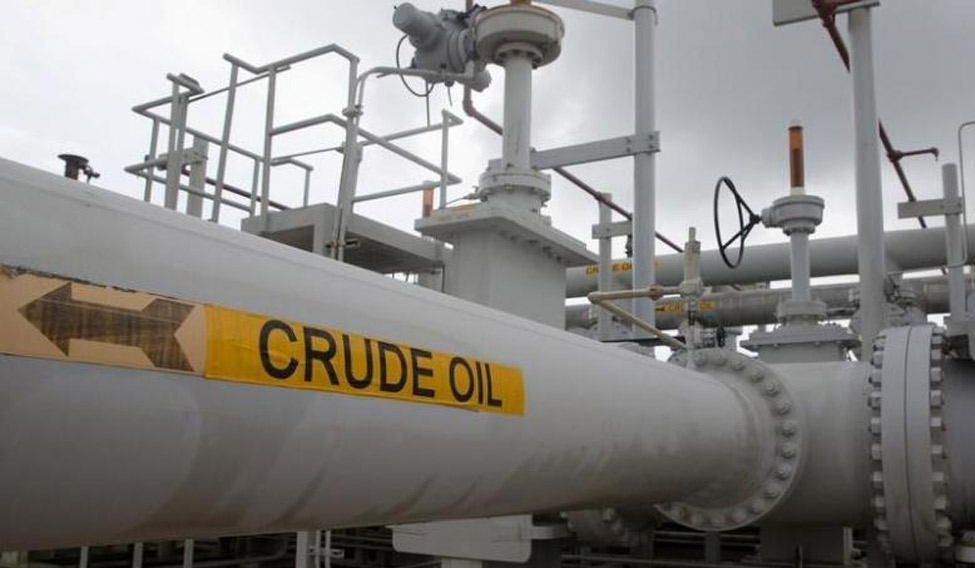If oil prices are any indication, good days for economy are over. For the first time in three years, Brent crude shot above $70 on Thursday. On friday too, there was not much respite as it continued to hover in the same range, finally closing at $69.8. Experts believe that it might worsen an already poor economic situation by increasing the current account as well as fiscal deficit.
Prices for Brent crude oil futures, the international benchmark for oil prices, have risen by more than 50 per cent since mid-2017. The upsurge in prices is on account of export cuts undertaken by Saudi Arabia and the production cuts undertaken by OPEC and non-OPEC countries to rebalance the global supply glut. Oil prices were also impacted by the rising tension between the Iraqi and Kurdish forces as the Kurdistan region of Iraq pressed to hold a referendum on independence.
Further, greater than expected fall in the US crude inventories also caused oil prices to rise sharply.
India is the third largest consumer of crude oil in the world. It is expected that the import bill would increase by approximately $1.5 billion for every dollar increase in crude oil price.
"We estimate that the WPI (wholesale price inflation) could increase by 0.5-0.7 per cent on account of 10 per cent increase in crude oil price. CPI (consumer price inflation) impact would be less pronounced given the lower weight of oil related products and could be in the region of 0.3-0.35 per cent,” said chief economist Madan Sabnavis of Care Ratings in a note.
In the face of higher inflation, he said that the options would be to either increase subsidy on the expenditure side or lower taxes (along with states) on the revenue side.
However, one of the things working in favour of oil refiners so far is the appreciating rupee. Since the rupee strengthened 1.3 per cent against the dollar in the past six months, it eased the burden as they paid less in rupees for every barrel of fuel purchased.
Experts believe that for now oil prices will remain in the $65 range, putting pressure on inflation, balance of payments and fiscal policy.
The after shocks of rise in crude prices might be felt at multiple levels. The rise in crude prices will lead to an increase in the price of natural gas which in turn would increase the input costs for fertilizer companies and petrochemical companies. The input costs of power companies, which use natural gas as a fuel, will also increase.






